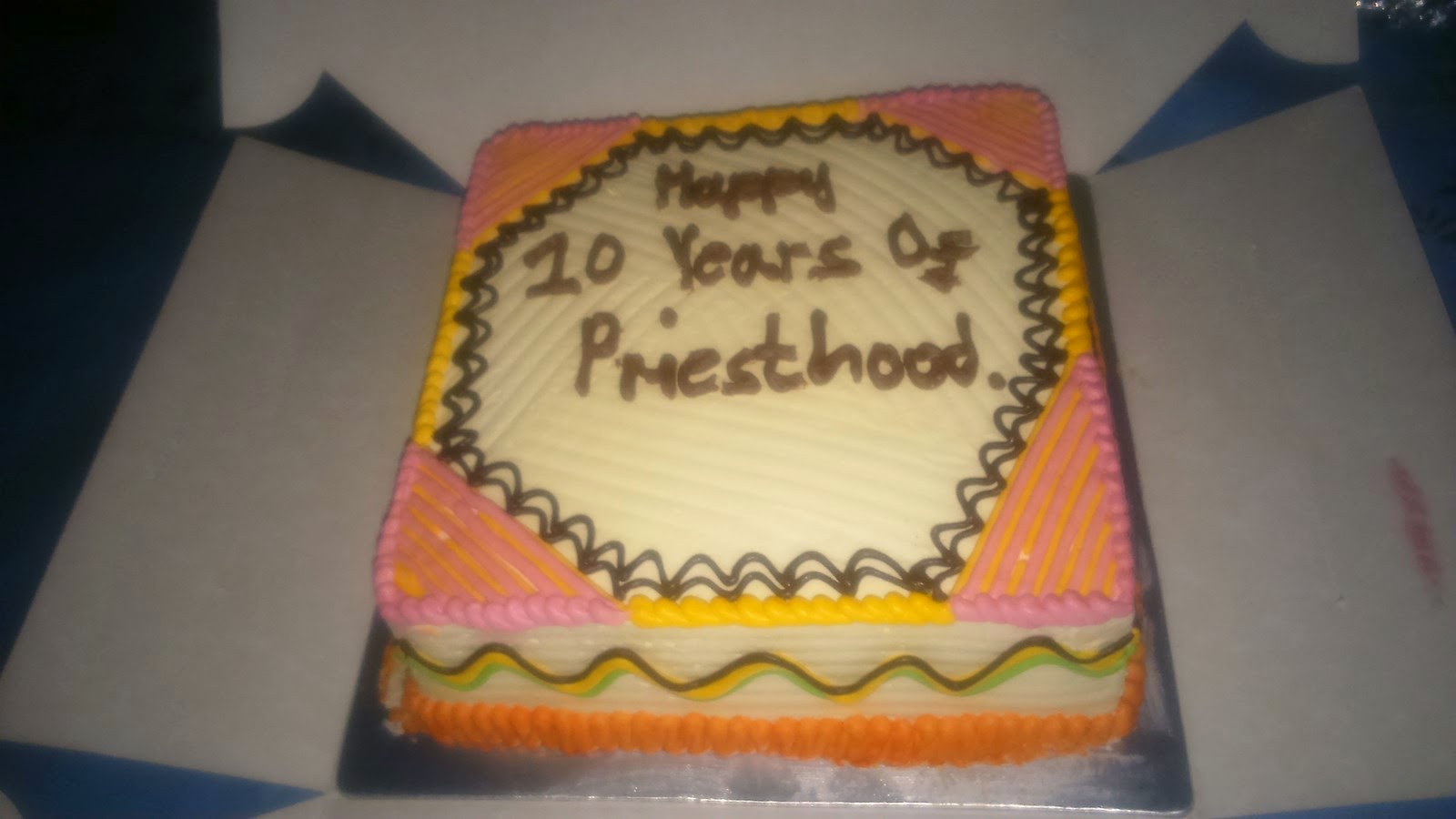Gathered
for two weeks of work, the Extraordinary Synod of Bishops on the family closes
its work yesterday 18th October 2014. Please find here the
concluding message of Pope Francis to the assembled Fathers.
Dear
Eminences, Beatitudes, Excellencies, Brothers and Sisters,
With a
heart full of appreciation and gratitude I want to thank, along with you, the
Lord who has accompanied and guided us in the past days, with the light of the
Holy Spirit.
From the
heart I thank Cardinal Lorenzo Baldisseri, Secretary General of the Synod,
Bishop Fabio Fabene, under-secretary, and with them I thank the Relators,
Cardinal Peter Erdo, who has worked so much in these days of family mourning,
and the Special Secretary Bishop Bruno Forte, the three President delegates,
the transcribers, the consultors, the translators and the unknown workers, all
those who have worked with true fidelity and total dedication behind the scenes
and without rest. Thank you so much from the heart.
I thank all
of you as well, dear Synod fathers, Fraternal Delegates, Auditors, and
Assessors, for your active and fruitful participation. I will keep you in
prayer asking the Lord to reward you with the abundance of His gifts of grace!
I can happily
say that – with a spirit of collegiality and of synodality – we have truly
lived the experience of “Synod,” a path of solidarity, a “journey together.”
And it has
been “a journey” – and like every journey there were moments of running fast,
as if wanting to conquer time and reach the goal as soon as possible; other
moments of fatigue, as if wanting to say “enough”; other moments of enthusiasm
and ardour. There were moments of profound consolation listening to the
testimony of true pastors, who wisely carry in their hearts the joys and the
tears of their faithful people. Moments of consolation and grace and comfort
hearing the testimonies of the families who have participated in the Synod and
have shared with us the beauty and the joy of their married life. A journey
where the stronger feel compelled to help the less strong, where the more
experienced are led to serve others, even through confrontations. And since it
is a journey of human beings, with the consolations there were also moments of
desolation, of tensions and temptations, of which a few possibilities could be
mentioned:
- One, a temptation to hostile inflexibility,
that is, wanting to close oneself within the written word, (the letter) and not
allowing oneself to be surprised by God, by the God of surprises, (the spirit);
within the law, within the certitude of what we know and not of what we still
need to learn and to achieve. From the time of Christ, it is the temptation of
the zealous, of the scrupulous, of the solicitous and of the so-called – today
– “traditionalists” and also of the intellectuals.
- The temptation to a destructive tendency to
goodness [it. buonismo], that in the name of a deceptive mercy binds the wounds
without first curing them and treating them; that treats the symptoms and not
the causes and the roots. It is the temptation of the “do-gooders,” of the
fearful, and also of the so-called “progressives and liberals.”
- The temptation to transform stones into
bread to break the long, heavy, and painful fast (cf. Lk 4:1-4); and also to
transform the bread into a stone and cast it against the sinners, the weak, and
the sick (cf Jn 8:7), that is, to transform it into unbearable burdens (Lk 11:46).
- The temptation to come down off the Cross,
to please the people, and not stay there, in order to fulfil the will of the
Father; to bow down to a worldly spirit instead of purifying it and bending it
to the Spirit of God.
- The temptation to neglect the “depositum
fidei” [the deposit of faith], not thinking of themselves as guardians but as
owners or masters [of it]; or, on the other hand, the temptation to neglect
reality, making use of meticulous language and a language of smoothing to say
so many things and to say nothing! They call them “byzantinisms,” I think,
these things…








































